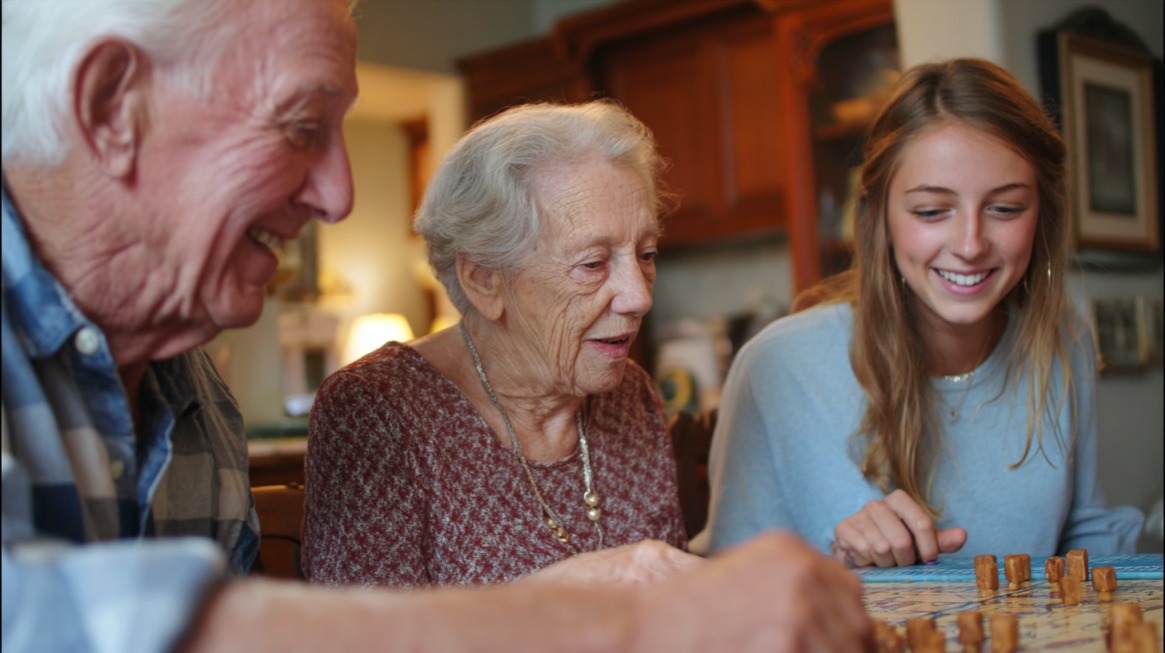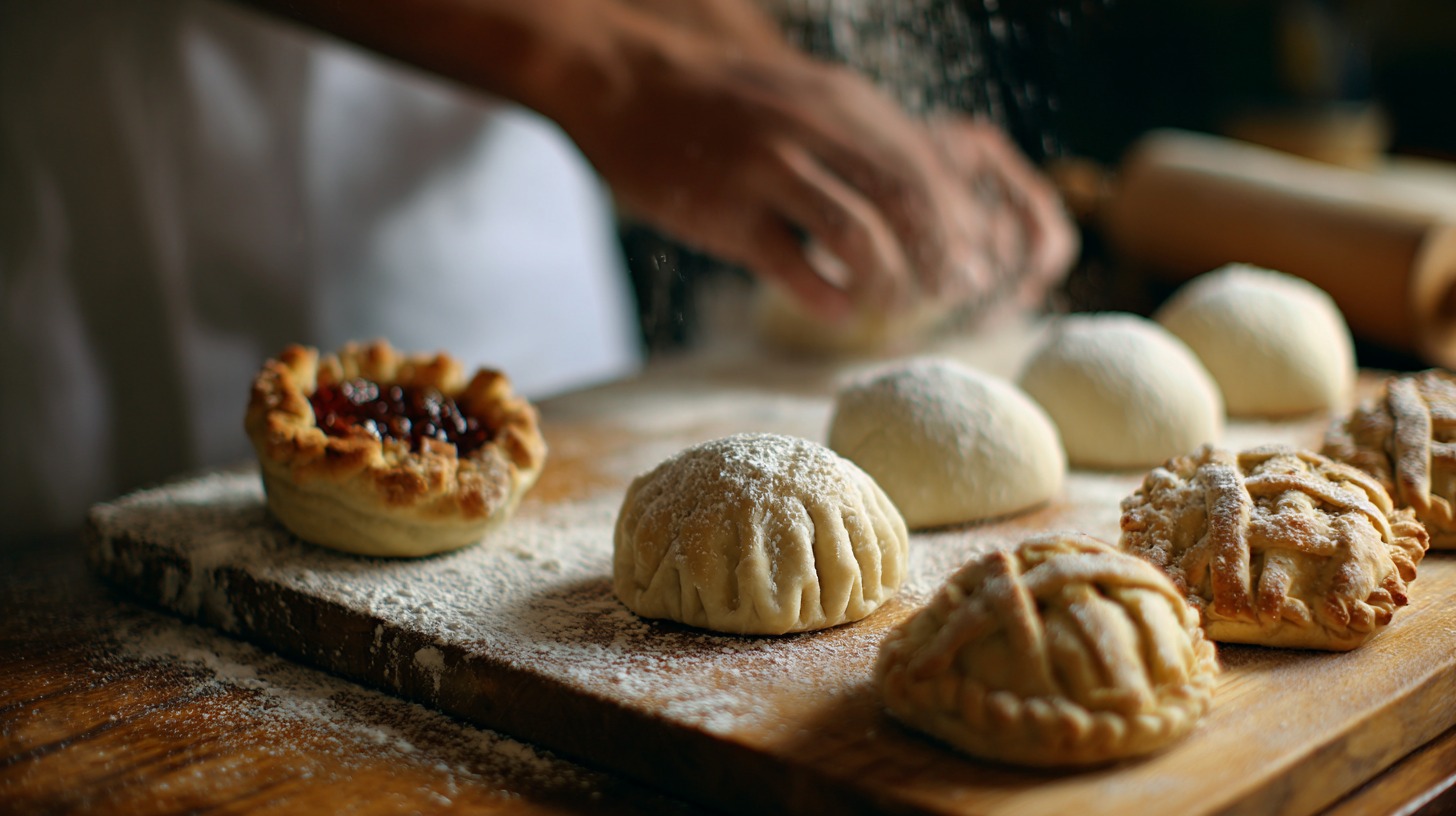Dementia often disrupts daily life by causing memory lapses and confusion, creating stress for both seniors and caregivers.
Gentle, simple, and engaging activities can serve as powerful tools to support memory while maintaining dignity and joy.
Activities that bring routine, connection, and personal relevance not only reduce anxiety but also enrich everyday experiences.
Caregivers should aim to create a comforting rhythm while focusing on personalization and fostering bonds that bring familiarity and reassurance.
10. Introduce Group or Family Games

Games promote social interaction, laughter, and mental stimulation.
Familiar games with simple rules make participation enjoyable without confusion.
Playing together also strengthens family bonds while encouraging focus and engagement.
- Bingo with large print cards
- Dominoes with clear markings
- Simple card games such as Go Fish or War
- Group activities adapted for family participation
Adding personalized touches, such as custom cards or using an acrylic keychain custom as a token, increases the sense of connection.
Games provide joy while reinforcing memory through repetition and routine.
9. Create a Personalized Daily Routine
Consistency forms the foundation of memory support for seniors facing dementia.
Predictability provides comfort, reduces confusion, and minimizes stress by creating familiarity in everyday activities.
A structured plan helps seniors feel secure and supported while also encouraging independence.
Caregivers should design a daily rhythm that balances personal care, movement, meals, and rest in a way that suits the individual’s natural patterns.
Visual cues, such as calendars or picture schedules, make routines easier to follow and remember.
- Scheduled times for meals, snacks, and hydration
- Light exercise or short walks at the same part of the day
- Consistent rest or nap periods
- Personal care activities like bathing or grooming at regular times
- Leisure activities or hobbies incorporated daily
Repetition builds procedural memory, allowing seniors to perform tasks more smoothly with less guidance.
A daily routine also lessens anxiety and creates a sense of purpose, providing structure that supports both emotional well-being and mental clarity.
8. Use Music for Memory Recall

Music often unlocks emotions and memories that seem lost, acting as a bridge to meaningful experiences.
Songs tied to personal milestones, such as weddings or family gatherings, bring joy and connection.
Seniors can engage by singing, clapping, or even gentle dancing, encouraging both social interaction and physical stimulation.
Creating personalized playlists helps ensure that the music has relevance and meaning.
Caregivers should select tunes that carry emotional weight, offering comfort and stability.
Rhythms and melodies tend to remain intact in long-term memory, making music a powerful tool for recall.
- Build playlists of songs connected to childhood, marriage, or family traditions
- Encourage group sing-alongs to promote social bonding
- Play calm instrumental music during meals or rest times to reduce agitation
Music offers stimulation, sparks joy, and creates a comforting rhythm in daily life.
7. Make a Memory Box
@artbydaisy Make a memory box with me!! #art #memorybox #paintwithme🎨🖌️ ♬ Little Sparrow – Paul Alan Morris
A memory box gives seniors a tangible way to connect with personal history.
Filled with meaningful objects, it becomes a tool for reminiscence and conversation.
Handling familiar items helps trigger memories while also engaging multiple senses.
- Old photographs or postcards
- Jewelry or accessories connected to special occasions
- Letters or handwritten notes
- Small keepsakes like ticket stubs or souvenirs
Rotating the contents occasionally keeps the activity fresh while still rooted in familiarity.
Memory boxes encourage storytelling and reflection, building stronger bonds between seniors and caregivers.
The safe and comforting nature of the activity makes it an effective way to support emotional well-being.
6. Engage in Simple Arts and Crafts
@newhopebay water coloring #craft #diy #flowers #painting #teachersoftiktok #nursinghome #seniorszn ♬ Sweet Heat Lightning – Gregory Alan Isakov
Creative activities stimulate the brain while offering a calming outlet for emotions.
Arts and crafts can be tailored to match the senior’s abilities, making participation rewarding without being overwhelming.
The process of creating something also provides a sense of accomplishment.
- Painting with broad brushes and bright colors
- Drawing simple shapes or patterns
- Assembling beadwork or threading large objects
- Crafting seasonal decorations or greeting cards
Craft sessions encourage fine motor skills, reduce restlessness, and create opportunities for self-expression.
Engaging in these activities regularly introduces comfort, routine, and joy while strengthening confidence.
5. Encourage Simple Cooking or Baking Tasks

Cooking or baking offers a sensory-rich experience that connects seniors with familiar traditions.
Smells, textures, and tastes often trigger memories of family meals and special events.
Even small contributions in the kitchen give a sense of involvement and purpose.
- Stirring batter or dough
- Kneading bread with assistance
- Washing or arranging ingredients
- Selecting favorite spices or flavors
Participation fosters companionship, strengthens bonds, and promotes independence.
Safety must be carefully considered, with tasks adapted to the senior’s ability level.
Even limited roles create joy and accomplishment while filling the space with comforting aromas.
4. Utilize Photo Albums or Picture Puzzles

Visual prompts provide a powerful way to spark recognition and conversation.
Looking through family photo albums allows seniors to recall familiar faces and share personal stories.
Turning memories into interactive puzzles adds an extra layer of stimulation, blending visual engagement with problem-solving.
Regularly rotating albums or puzzles keeps interactions fresh and engaging. These activities strengthen identity and help reinforce bonds with loved ones.
3. Practice Gentle Reminiscence Conversations

A conversation rooted in personal history provides comfort and connection.
Asking gentle, open-ended questions allows seniors to recall stories at their own pace without pressure.
Listening actively and responding with patience validates their experiences.
- Ask about first jobs, favorite childhood activities, or memorable trips
- Encourage storytelling without correcting details
- Share related experiences to build mutual connection
- Avoid phrases like “Don’t you remember?” which may cause frustration
Creating a relaxed space for conversation nurtures confidence and self-worth.
Gentle reminiscence not only supports memory but also strengthens emotional bonds between seniors and caregivers.
2. Encourage Outdoor Time

Spending time outdoors refreshes the mind and improves mood.
Sunlight, fresh air, and natural surroundings provide sensory experiences that often connect with past memories.
Even short periods of outdoor activity bring benefits to both mental and physical health.
- Short walks in familiar areas
- Light gardening or watering plants
- Sitting in the sun while enjoying conversation
- Observing seasonal changes in a garden or park
Nature stimulates conversations through familiar scents, sounds, and sights.
Outdoor time also reduces stress, improves sleep patterns, and provides a structured way to support well-being.
1. Involve Familiar Tasks Like Folding Laundry

Everyday household tasks, though simple, hold great significance.
Familiar chores such as folding laundry or sorting towels provide comfort, purpose, and a calming rhythm.
The repetitive nature of these activities reduces anxiety and stimulates positive emotional memories.
- Folding towels, washcloths, or clothing
- Matching socks or sorting laundry by color
- Organizing linens or placing clothes into drawers
These activities reinforce confidence by creating opportunities for contribution.
Tasks can be adjusted to suit ability levels, ensuring they feel manageable and rewarding.
Meaningful chores connect seniors with past routines, making daily life more comfortable and fulfilling.
Summary
Memory support for seniors living with dementia thrives on connection, routine, and joyful experiences.
Activities that are personalized, simple, and meaningful bring comfort while strengthening relationships.
What proves helpful today may require adjustment tomorrow, so patience and flexibility are essential.
Caregivers who prioritize empathy and creativity will create moments that matter, offering seniors reassurance, dignity, and warmth each day. If you can’t always be there, assisted living is a wonderful option to ensure your loved ones are well cared for.

